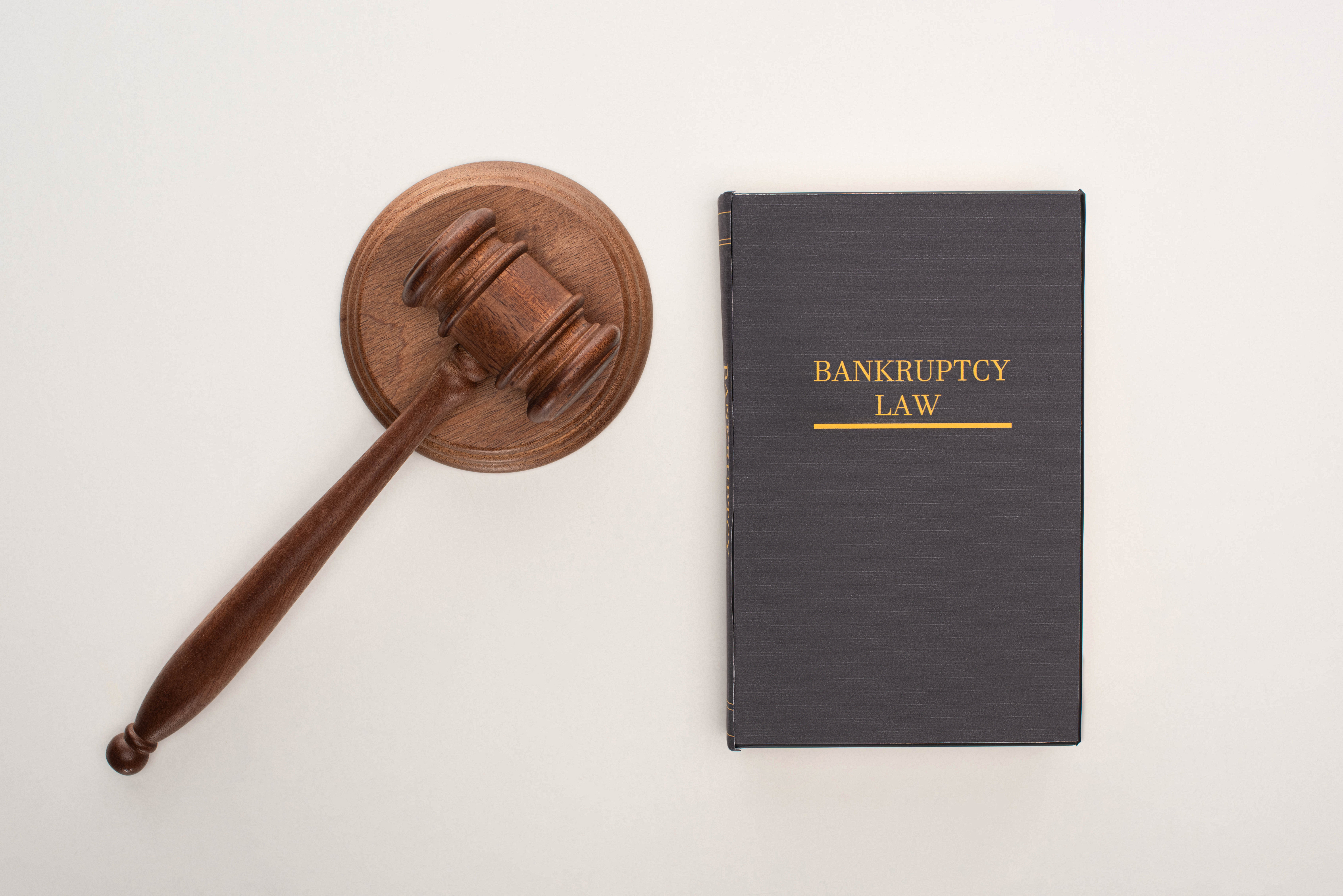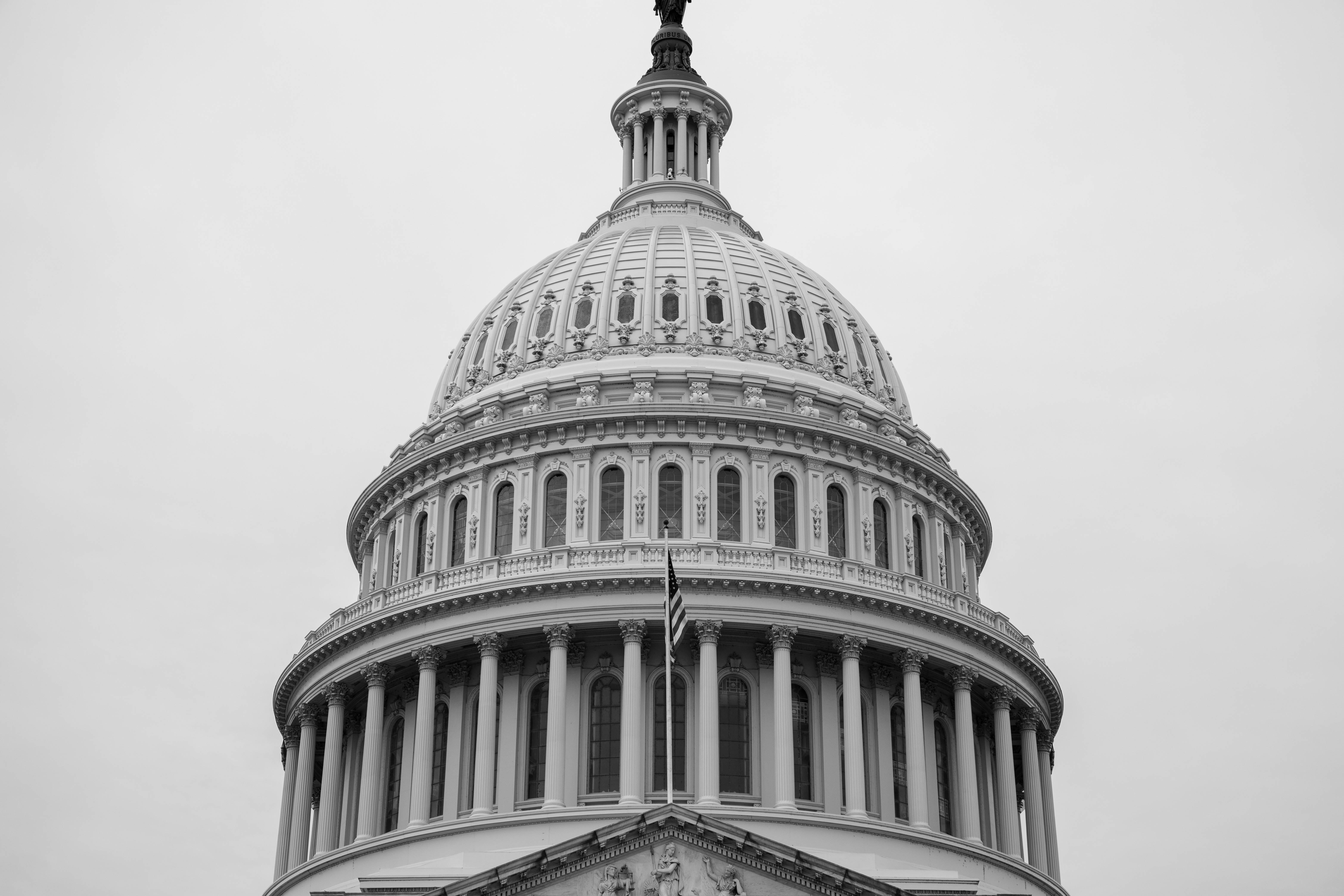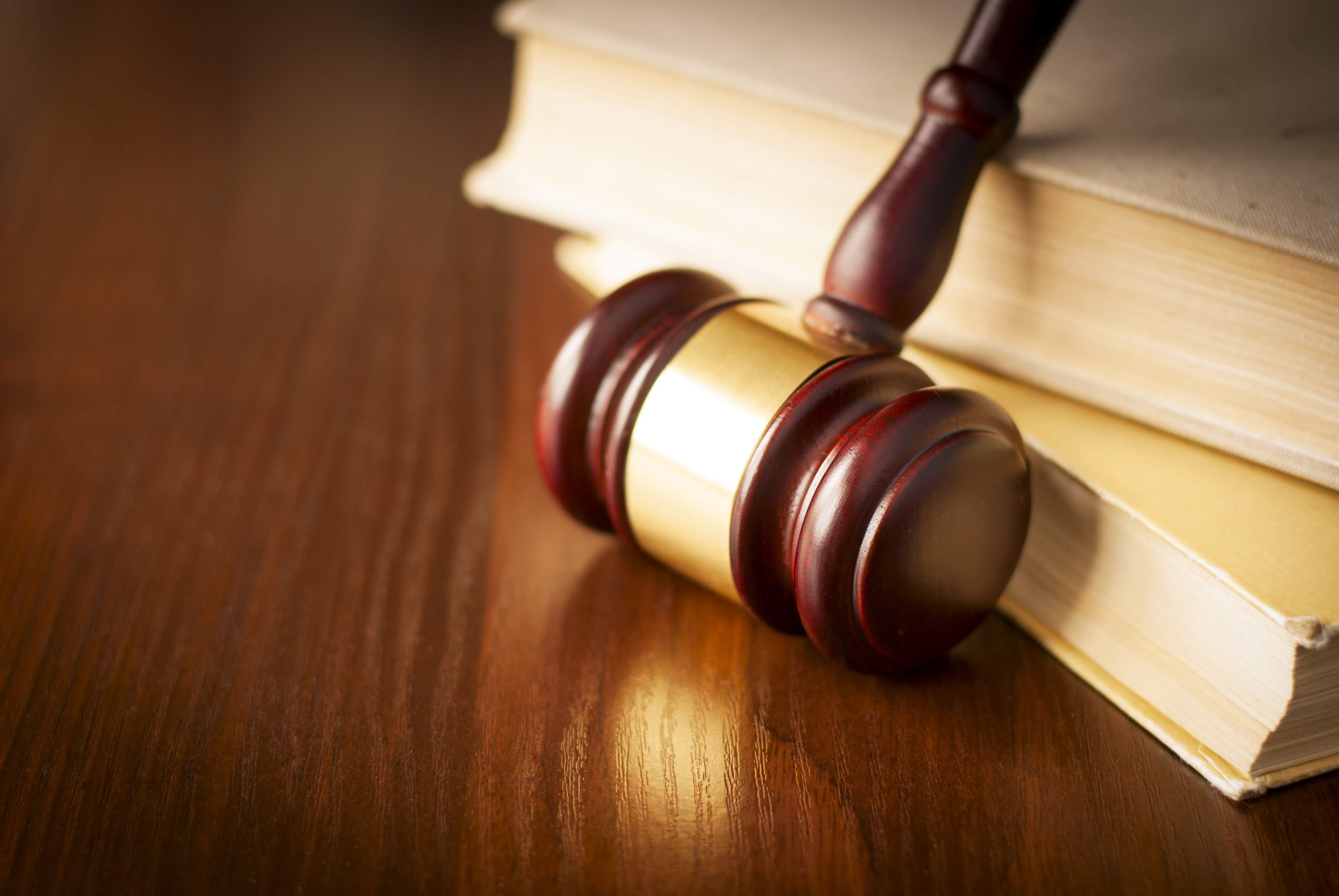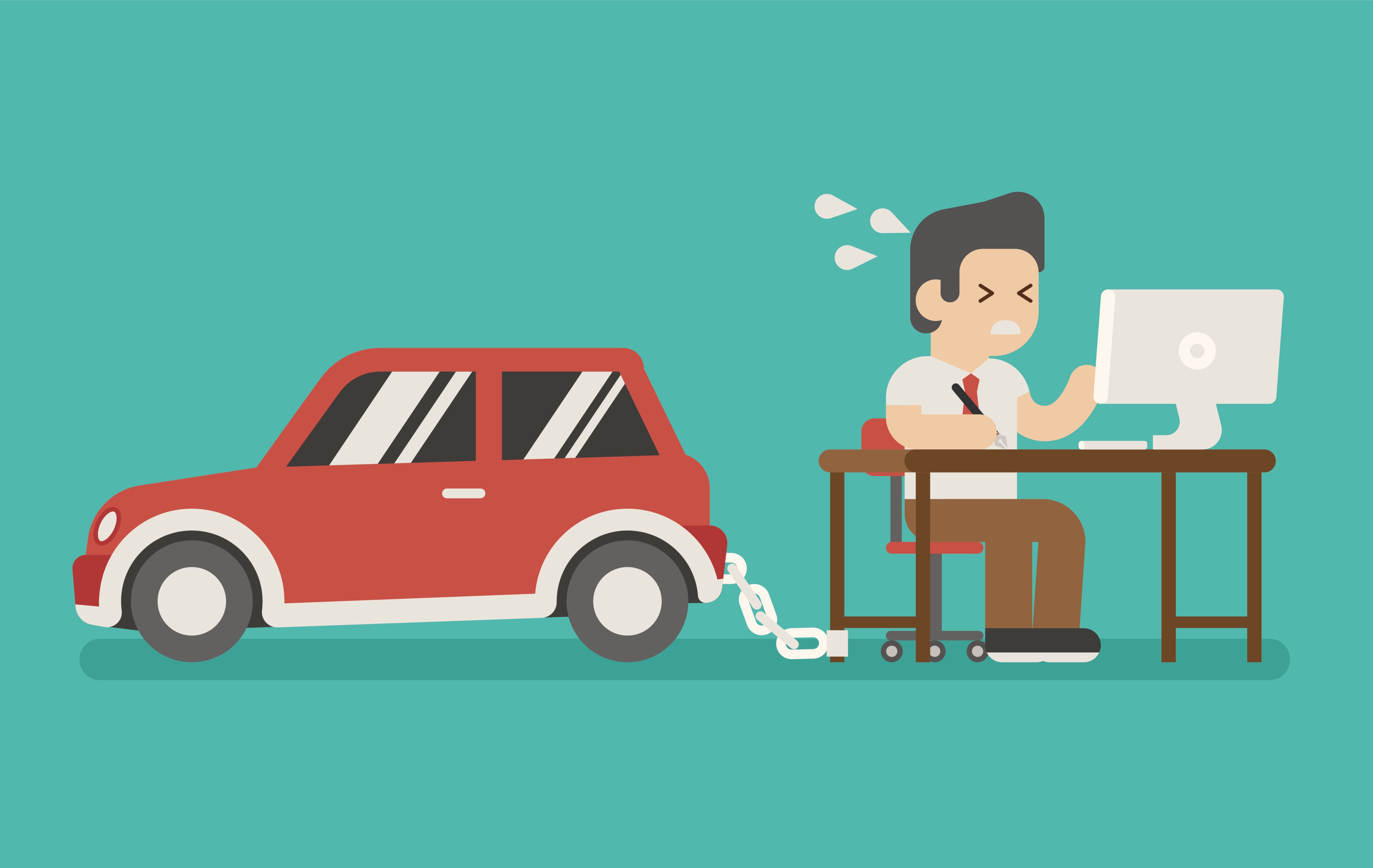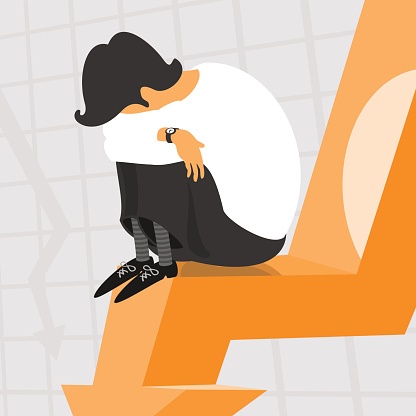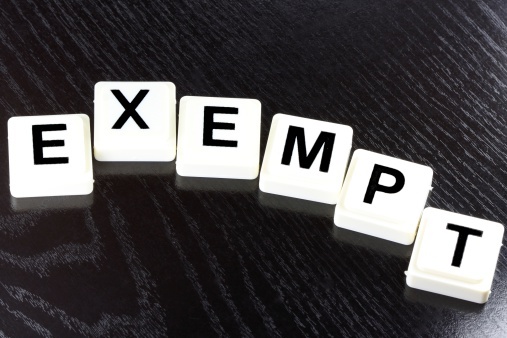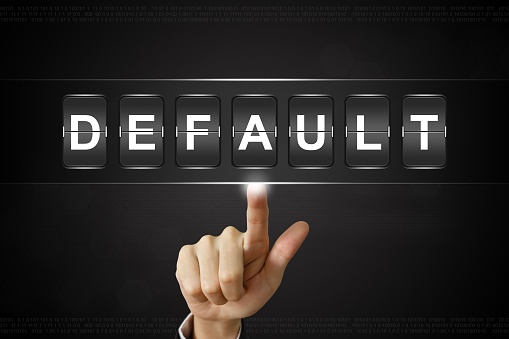Bankruptcy is often used by both individuals and businesses to “wipe the slate clean” and get out from often crippling amounts of debt. Most bankruptcies filed are done so voluntarily by the debtor....
As we have previously discussed, certain debts are excepted from discharge, meaning a debtor will still be responsible for them after their bankruptcy is concluded. This includes debts incurred by...
The New Jersey Consumer Fraud Act (“NJCFA”) is generally regarded as one of the strongest consumer protection laws in the United States.
Dealing with debt problems is never easy for residents in New Jersey, and making the decision to file for bankruptcy is certainly not any easier. However, taking this major step to deal with...
It is obvious that people file bankruptcy cases with a consumer debt attorney to discharge (wipe out) their debts. There are some exceptions to the debts that can be discharged. 11 U.S.C. §523. For...
Many people ask themselves, "Should I file bankruptcy?" Everyone's situation is different, which is why you should always consult with a qualified bankruptcy attorney before making that difficult...
One thing many Hoboken bankruptcy clients have been surprised to find out is that their exemptions increased. On April 1, 2013, the Federal Bankruptcy asset exemptions were increased by Congress. The...
When clients first meet with an attorney, bankruptcy procedures may seem intimidating or overwhelming. Earlier this week I met with my first client in our recently opened office in Hackensack, New...
Custodial accounts are a frequent issue bankruptcylaw centers handle.Custodial accounts are funds in which one person sets up an account, funds it with money or other property, and controls the...

